29th July 2021 Vienna, Austria
Diplomatic Lessons 10: Immerse yourself
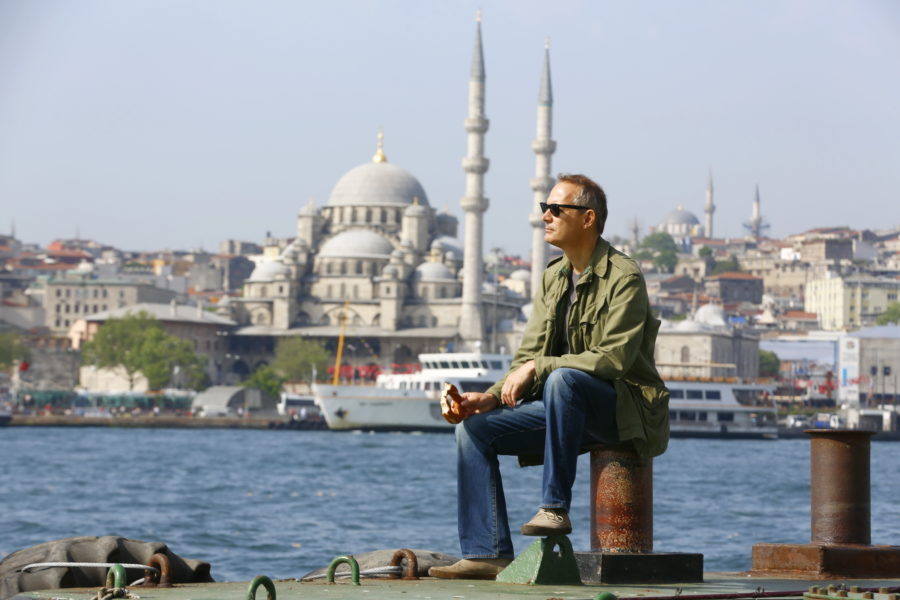
When we arrive on Heybeliada in the Sea of Marmara, a cool breeze lures us to climb on foot to our appointment at the Greek Orthodox seminary at the summit of the island. The route leads through aromatic pine trees. We arrive at the back door of the compound and stroll in. The place seems deserted.
At last we find our host, waiting for us at the imposing front gate.
‘Ah,’ he says. ‘The English always come from the other side.’
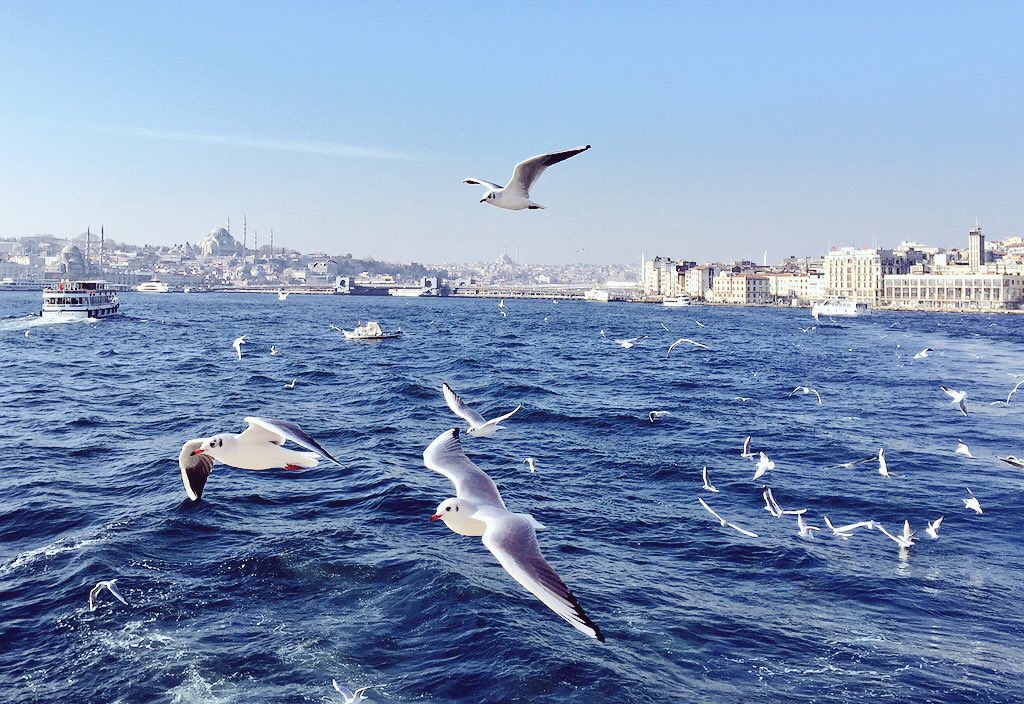
The Bosphorus lies at the heart of Istanbul
Turkey is a country of unparalleled history, culture and cuisine. My four years as Her Majesty’s Consul General Istanbul and Director General for Trade and Investment for Turkey, South Caucasus and Central Asia showed the importance of diving deep into the culture of an overseas posting, with the goal of understanding a country as well as possible.
After being British ambassador to Kyiv, I applied for Istanbul for several reasons. The job, representing the UK in Istanbul and taking responsibility for UK trade and investment across a key region, looked terrific. My partner Gözde, a Turkish hotel general manager, had been posted from Kyiv to run a hotel in Bishkek, Kyrgyzstan; we hoped she might later secure a posting to Istanbul. Having joined the FCDO partly to drive a jeep through the jungle, I was keen to see a new country. A 2011 report in the Financial Times, critical of surveys that tended to rank safe, quiet cities such as Zurich, Melbourne and Vancouver the best places to live, instead polled FT readers. They voted Istanbul the greatest city on earth.
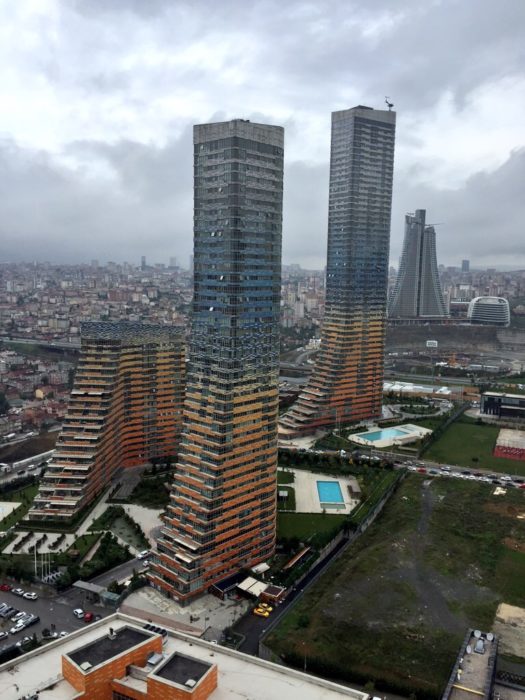
Istanbul stretches endlessly, studded with modern skyscrapers
While still in Kyiv, I set out to learn Turkish and study the country. A history of Turkey recounted civilisations stretching back to the dawn of humankind. By the time the book reached the year zero in the Gregorian calendar, more than half of Turkish history had already happened.
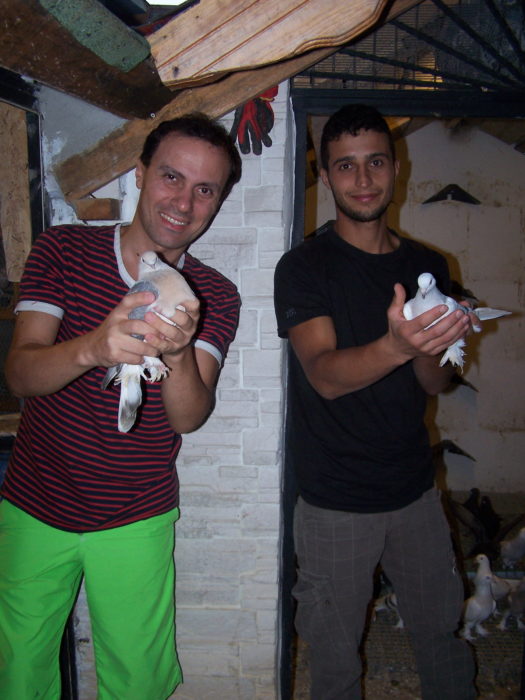
My Turkish host for language immersion, Akin, had his own dovecote
Turkey’s wealth of culture, landscape and archaeology may outstrip any country on earth, with the possible exceptions of China and India. Wikipedia notes that “classification of the Turkic languages is complicated”, due to similarities with everything from Japanese and Korean (Altaic languages) to Hungarian and Finnish (Ural Altaic). It is also rich in exquisite proverbs: my blog “77 million reasons to like Turkish” notes such gems as “Bal tutan parmağını yalar” (he who handles honey, licks his fingers).
I did not learn Turkish to the standard I wanted. You can see me murdering the language in a video rehearsing a presentation for my C1 language exam, talking about conspiracy theories.
Turkey’s love of conspiracy theories led me to invent the Welsh Secret Service. I noted that the greater the absence of evidence for the existence of a conspiracy, the more certain those who believe in it become that it exists. On that basis, the Welsh Secret Service could be the most successful and powerful intelligence agency on earth.
Turkey’s economy grew strongly from 2002 to 2011, reaching 11.2% annual growth. In 2014, Mancunian economist Jim O’Neill, who had invented the acronym BRICs to describe Brazil, Russia, India and China as future growth poles, popularised the concept of MINT economies – Mexico, Indonesia, Nigeria and Turkey – as the next big thing.
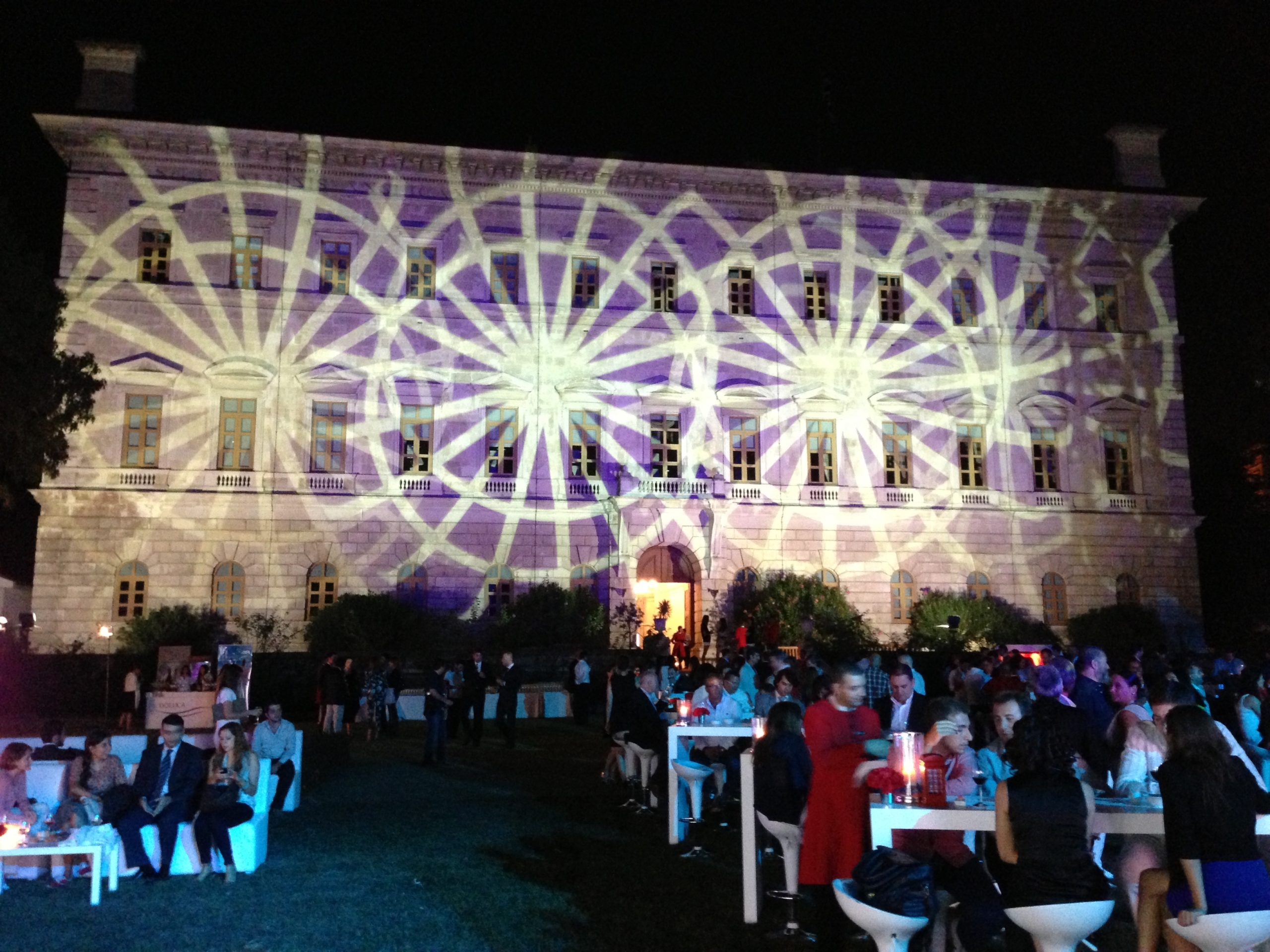
We organised many GREAT events at Pera House, our Consulate-General in Istanbul
That potential underlined the importance of our work with the British Council in Turkey – a vital multiplier of British soft power across the region.
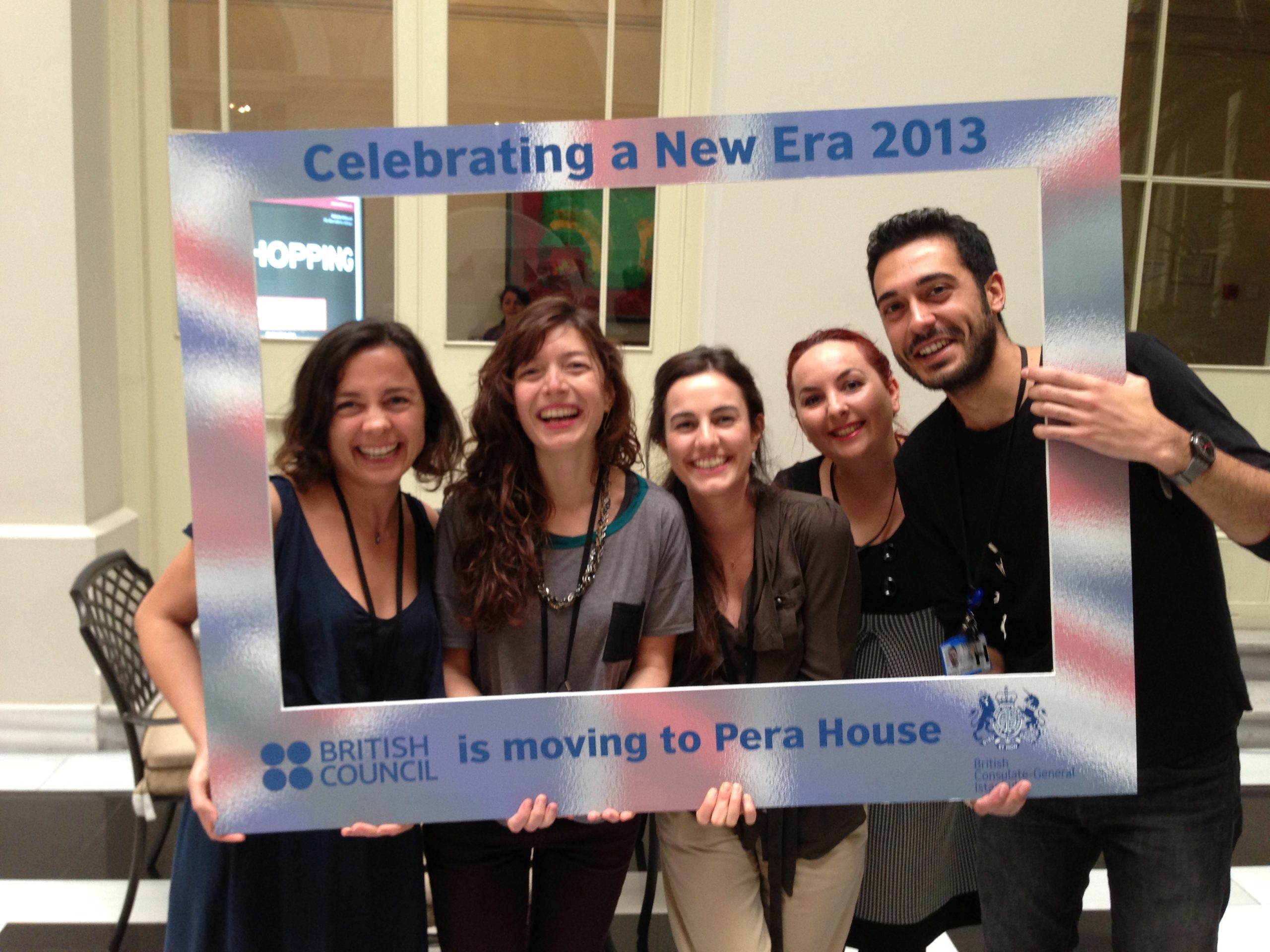
We boosted co-operation by moving the British Council into Pera House in 2013
I visited Turkish businesses making everything from software to machines tools and televisions to ships. I was blown away by the can-do attitude and speed of adaptation of Turkish entrepreneurs. Although growth was lower in 2019 and 2020, I remain an ardent fan of the country’s economic capacity, culture and people.
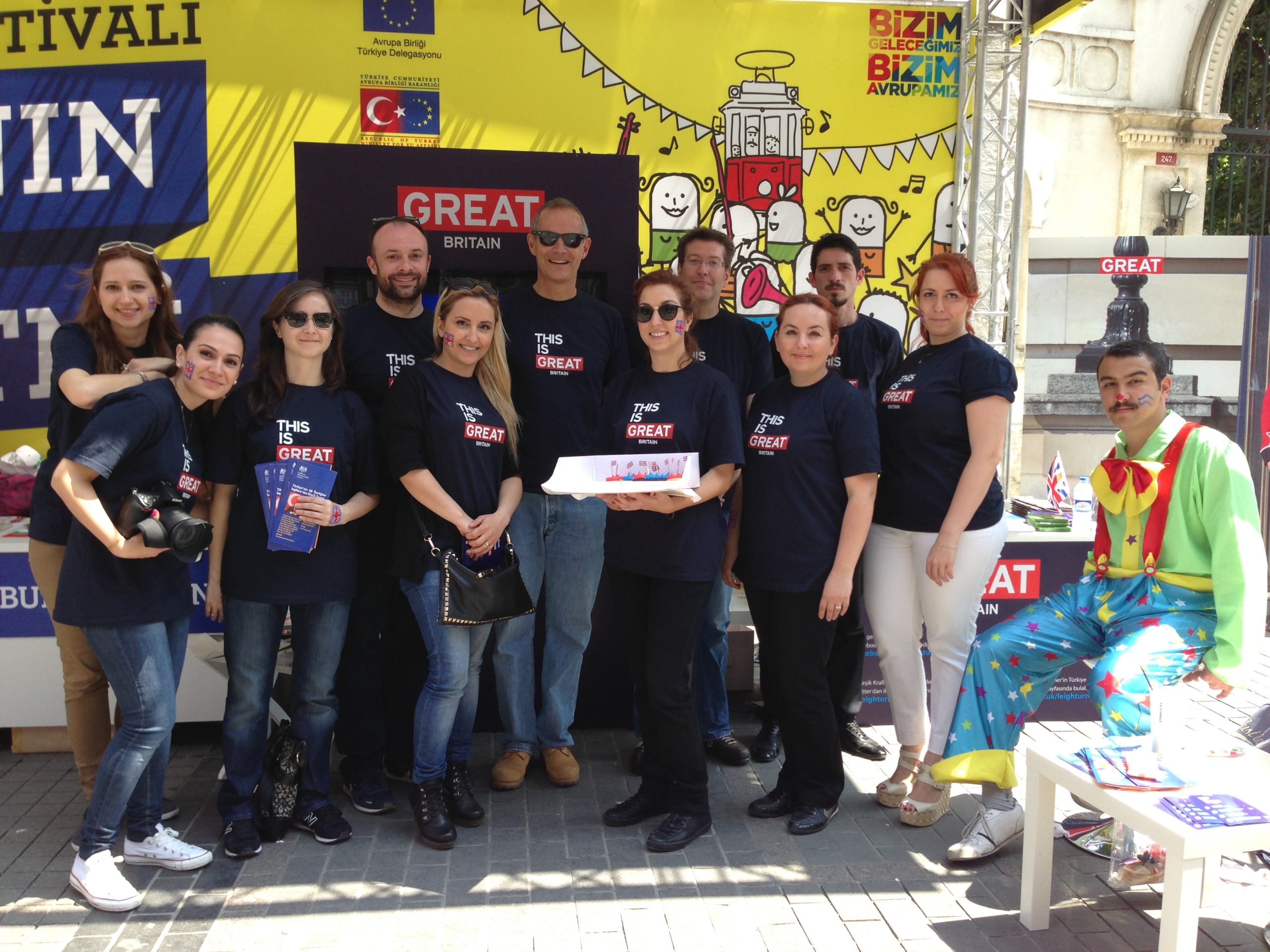
Promoting the GREAT campaign with DIT colleagues – and a sad-looking clown – in Istanbul
I continued to use social media in Turkey. Blogs were not as widely read as in Ukraine, but Twitter was ubiquitous and my account collected a respectable number of followers. You are welcome to follow too, if not doing so already!
Beyond Turkey, I visited the South Caucasus and Central Asia, including Azerbaijan, Armenia, Tajikistan, Kyrgyzstan, Uzbekistan and Kazakhstan. I worked with British embassies to realise opportunities arising from economies that varied in size, sophistication and potential. In some, Russian remained a lingua franca; in others English was becoming widespread. All were – and still are – adapting to the opportunities and challenges of coping with the competing pulls of China, Russia and the rest of the world.
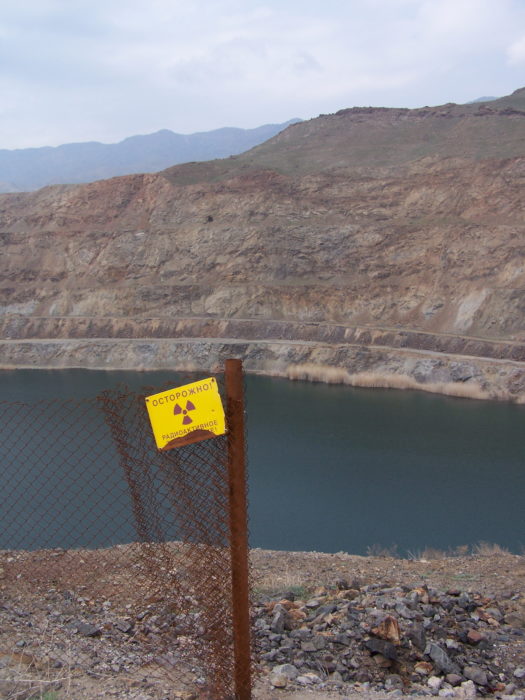
An abandoned uranium mine in Tajikistan
Did immersing myself in Turkey and Turkish help me do my job better? I am confident it did, from being able to communicate with Ministry officials in Ankara on satellite earth stations to having some inkling of the differences of communicating and doing business in such diverse and important cities as Gaziantep, Trabzon, Ankara, Istanbul, Izmir and Konya.
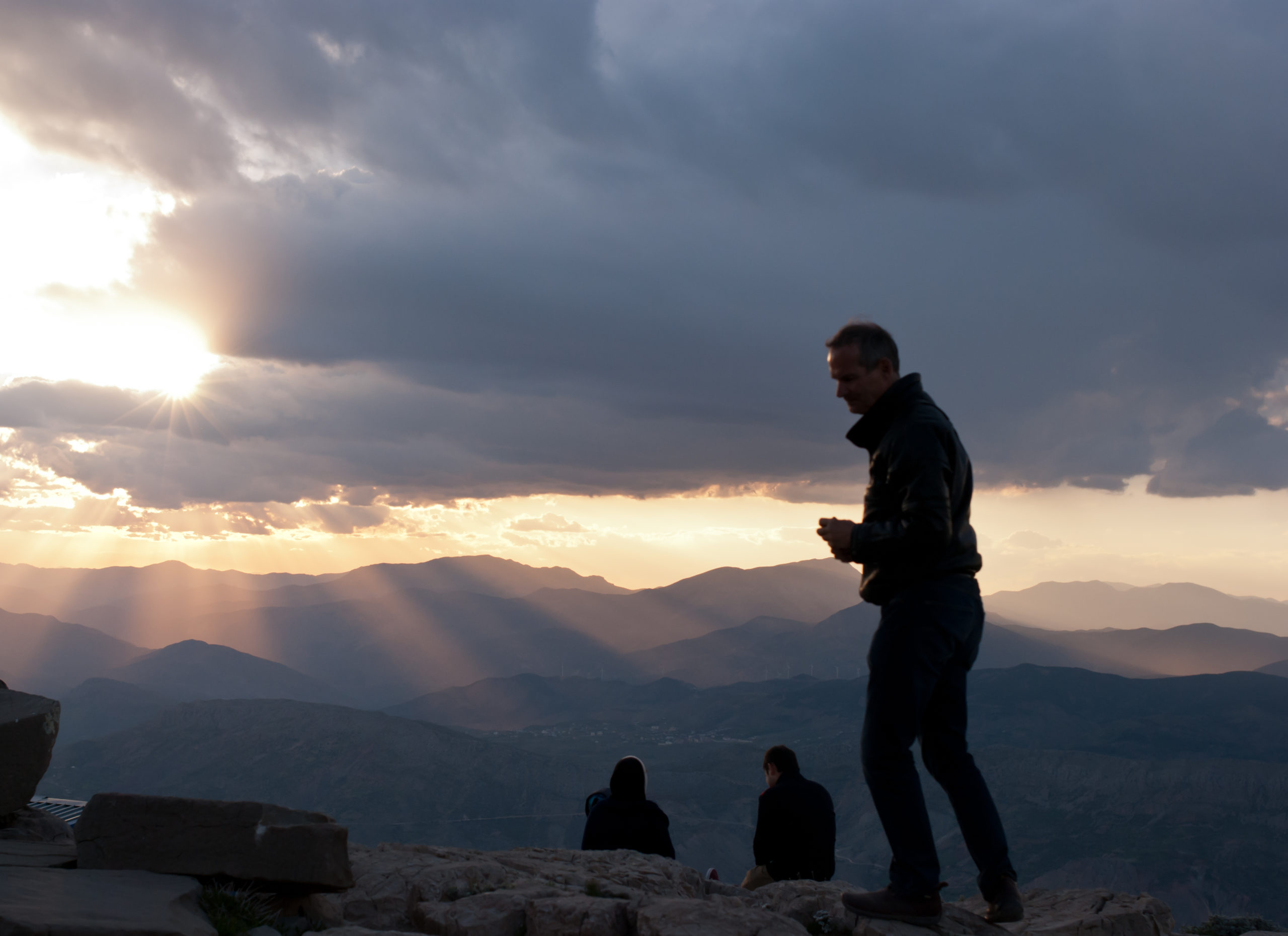
Sunset at Mount Nemrut
In all of these places I met wonderful, hospitable people, from the elderly man who offered me tea in his home in a back-street in Urfa to my brilliant, mostly young colleagues in Istanbul and Ankara.
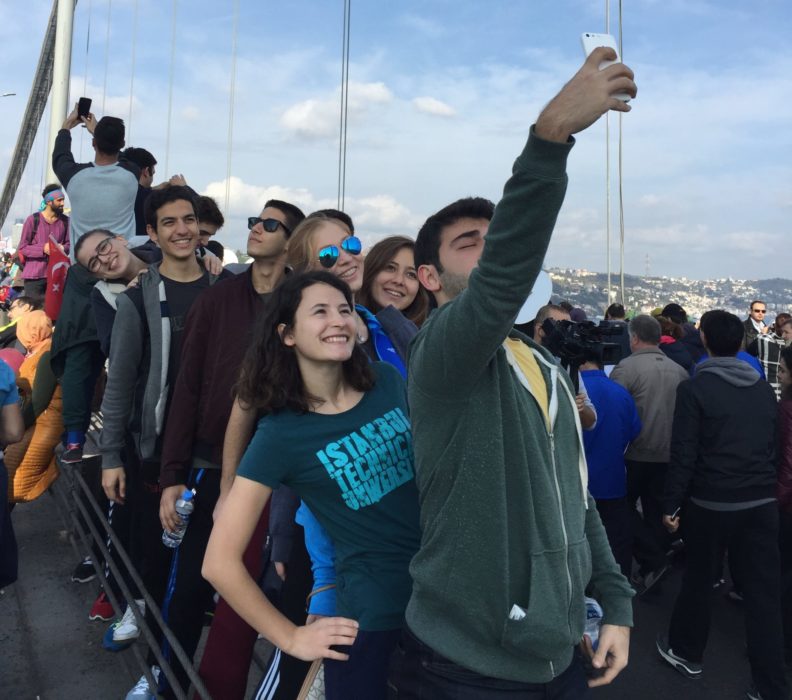
Young Turks are dynamic, imaginative and media savvy
I hope to re-visit Turkey (and Ukraine) once COVID-19 no longer prevents this. The country is tremendous, and has a great future – even if, as the comment from the Greek Orthodox priest on Heybeliada showed, conspiracy theories continue to abound.
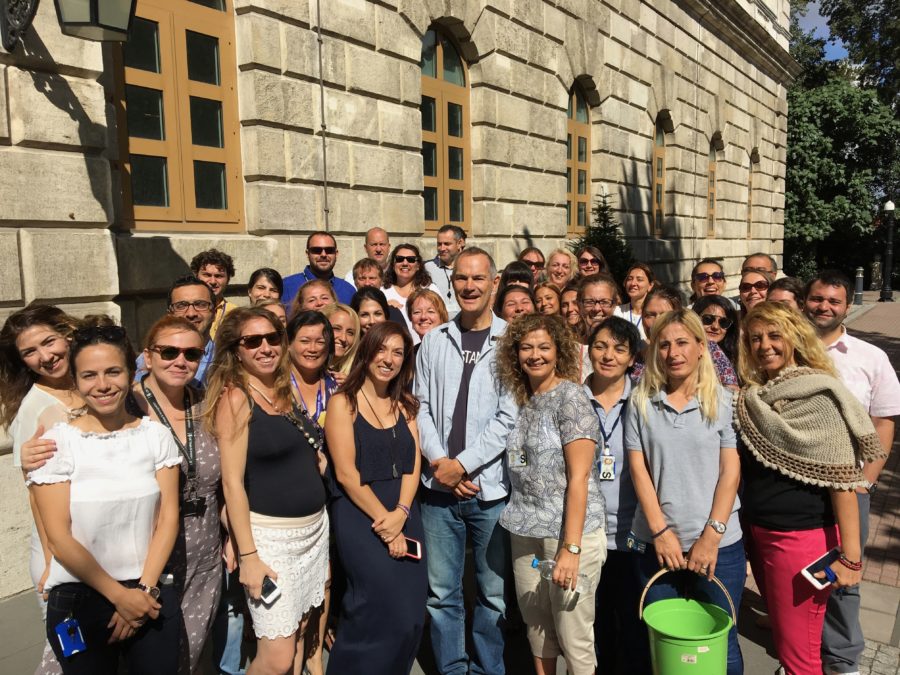
When I left Istanbul, the staff gathered to throw water after me – to encourage me, they said, to return
*
The previous posts in this series are:
– Diplomatic lessons 1, 1979-83: Don’t judge a book by its cover
– Diplomatic lessons 2, 1983-87: Languages change everything
– Diplomatic lessons 3, 1987-91: go for the hard jobs
– Diplomatic lessons 4, 1991-95: have a plan, and break it
– Diplomatic lessons 5, 1995-98: make a difference
– Diplomatic lessons 6, 1998-2002: pendulums
– Diplomatic lessons, 7, 2002-6: work isn’t everything
Hello Mr. Turner. I just read read your old blog “Bad Piano Playing in Kyiv” dated 3 May 2011. I came across it while searching for the English expression for the practice of multiple voting in the Ukrainian parliament.
Then I read that you grew up in Nigeria, among other places. I just wanted to say hello to you from a Nigerian living in Ukraine…
Thanks Deniz! I greatly enjoyed my time in Turkey.
You are always wellcome. You are such a nice person I have ever met. Your kindness and sincerity should be a good sample to all our directors. Look I didn’t forget your personality after those years you are away. Thank you for being like that. I hope we meet soon again.